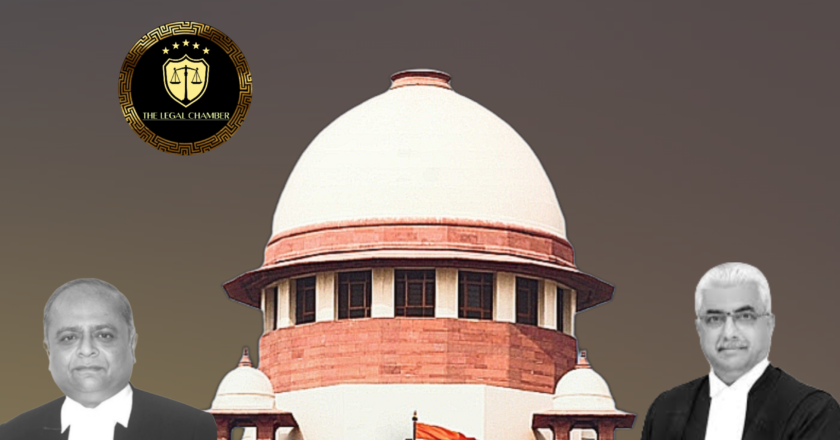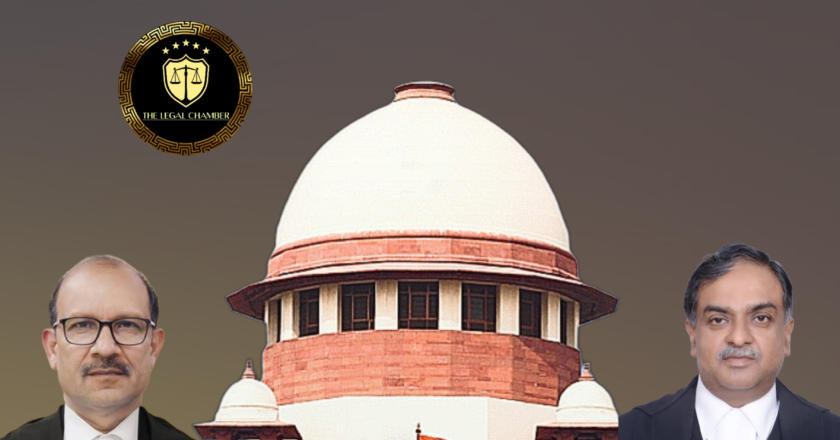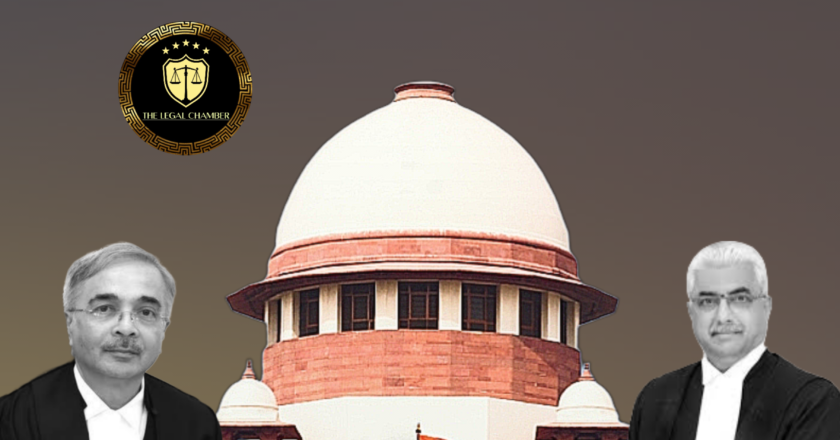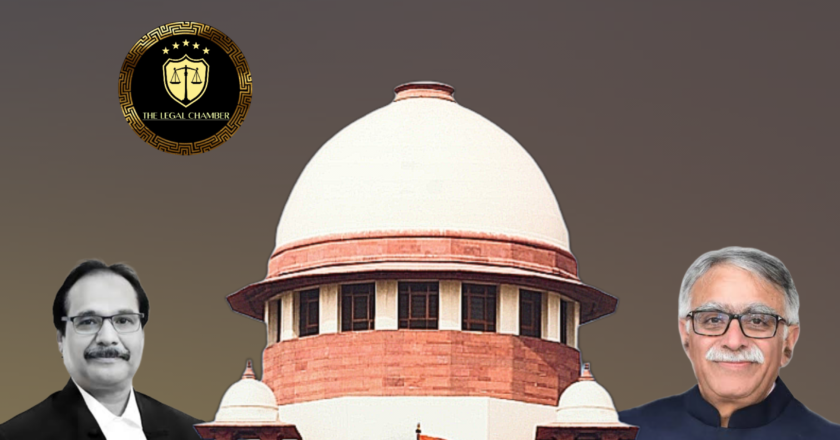Supreme Court Ruling: Judicial Officers with 7 Years’ Combined Experience Eligible for District Judge Post
This Supreme Court Constitution Bench judgment reinterpreted Article 233(2) of the Constitution. It held that judicial officers are not barred from applying for the post of District Judge through direct recruitment. The Court clarified that the seven-year practice requirement under Article 233(2) applies only to candidates not already in judicial service, thereby overruling contrary precedents like Dheeraj Mor.
Facts Of The Case:
The case arose from a batch of petitions challenging the interpretation of Article 233 of the Constitution, which governs the appointment of District Judges. The core dispute was whether a person already in the state judicial service (a Civil Judge) could apply for the post of District Judge through direct recruitment, a stream historically reserved fo...









